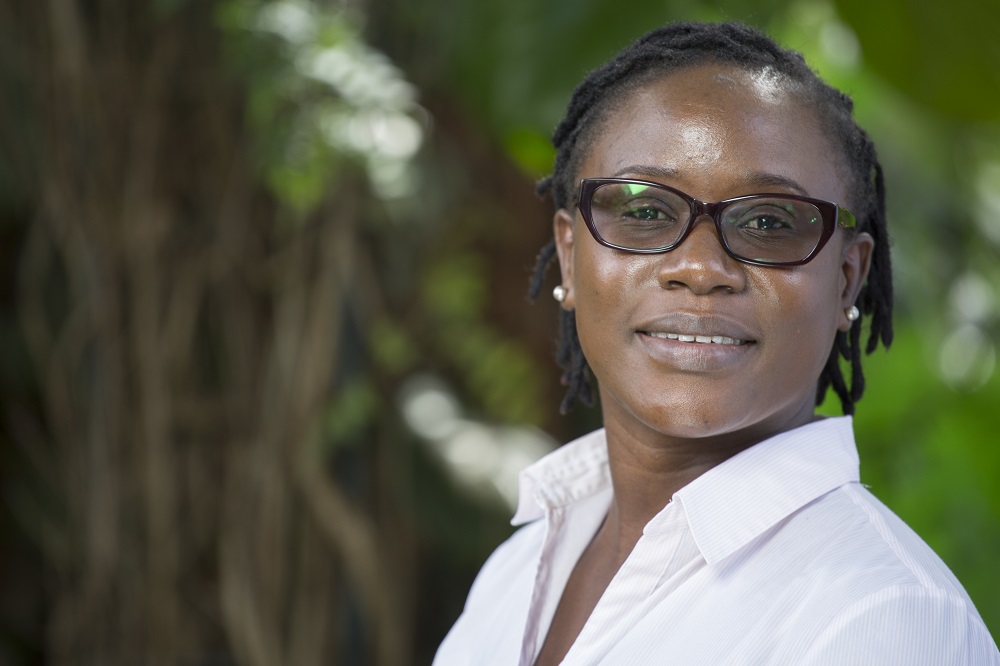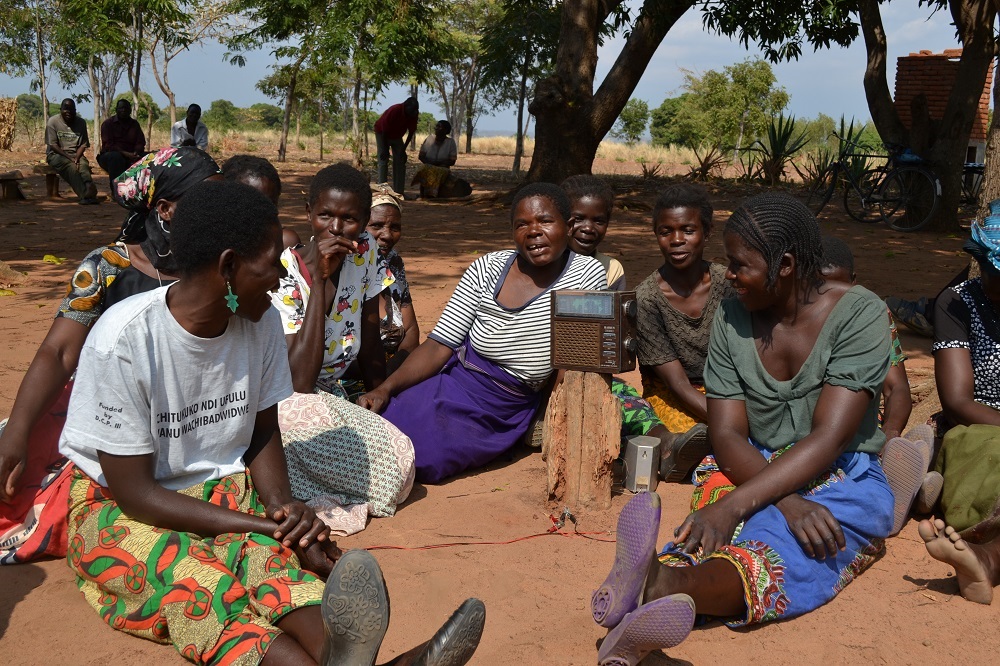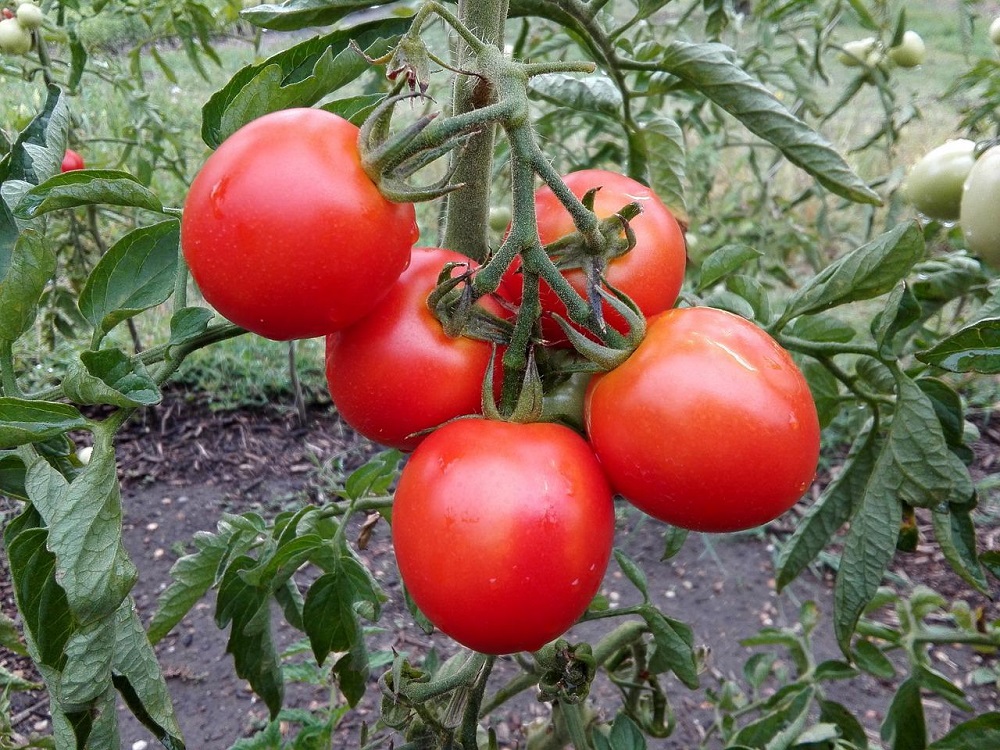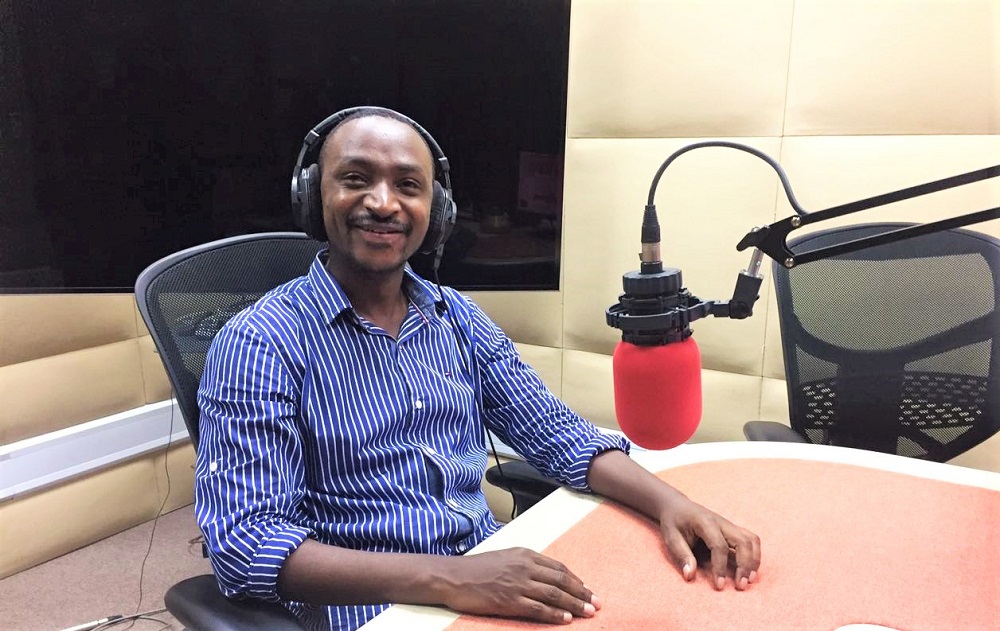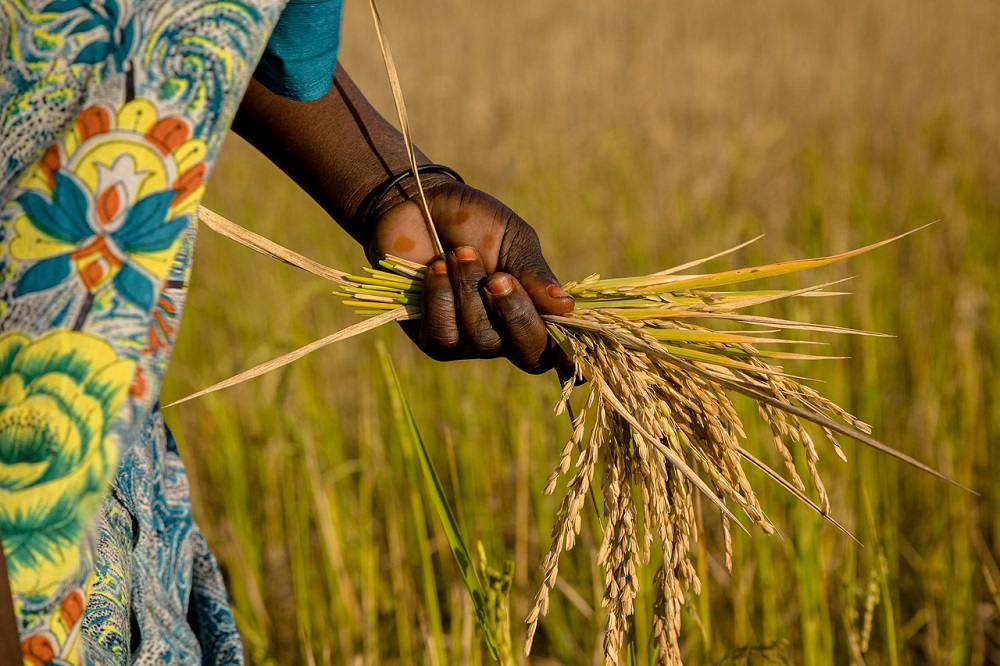CABI Blog
Author: Wayne Coles
You are here: CABI Blog
New documentary charts restoration of Redonda Island from ‘lunar landscape’ to ecological tropical paradise
November 15, 2022
Wayne Coles
No Comments
A new documentary produced by the Environmental Awareness Group (EAG) in Antigua and Barbuda has charted its restoration of the country’s Redonda Island from that resembling a ‘lunar landscape’ to an ecological tropical paradise.
Potato value chain project featured on Duhok TV
September 21, 2022
Wayne Coles
1 comment
The CABI project ‘Strengthening the potato value chain in the Kurdistan Region of Iraq’ has been featured on Duhok TV.
CABI shares expertise on crop pest management in Africa with Royal Society of Biology
September 15, 2022
Wayne Coles
No Comments
CABI’s Dr MaryLucy Oronje has shared her expertise in sanitary and phytosanitary (SPS) measures pertaining to crop pest management in Africa as part of an event organised by the Royal Society of Biology. Dr Oronje, who is based at CABI’s regional centre for Africa in Nairobi, Kenya, was keynote speaker at the event which was…
Support of Liveability Challenge 2022 highlights CABI’s commitment to sustainability
August 17, 2022
Wayne Coles
No Comments
CABI helps farmers tackle global issues like poverty, hunger, education, equality, sustainability, climate change and biodiversity by sharing knowledge and science, writes Neil Willsher, CABI’s Global Director, Value Chain & Trade.
New CABI-led study highlights institutional and policy bottlenecks to Integrated Pest Management in Africa
August 1, 2022
Wayne Coles
No Comments
A new publication led by CABI has highlighted institutional and policy bottlenecks to using Integrated Pest Management (IPM) to fight a range of potentially devastating crop pests in Africa.
CABI shares expertise in digital extension and advisory services at FAO workshop
July 26, 2022
Wayne Coles
1 comment
CABI has shared its expertise in digital agricultural and advisory services for smallholder farmers as part of Food and Agriculture Organization of the United Nations (FAO)-led capacity building workshop.
CABI contributes to infographic revealing impacts of COVID-19 on farm households in Pakistan
May 25, 2022
Wayne Coles
No Comments
CABI has contributed to new research findings in an infographic from the Asian Development Bank (ADB) which reveals the continuing impacts of the COVID-19 pandemic on farm households in Pakistan.
International Day for Biological Diversity: the rising threat of invasive species
May 20, 2022
Wayne Coles
No Comments
On Sunday 22 May 2022 the world celebrates International Day for Biological Diversity – a day in which the global community is called to re-examine our relationship to the natural world.
Doctor turned science journalist launches first newspaper of its kind
March 8, 2022
Wayne Coles
1 comment
Meet Syriacus Buguzi – a pioneering medical doctor turned science journalist from Tanzania. He is making the headlines after spawning the first Swahili language science and technology newspaper, MwanaSayansi.
High-level discussion hears of ‘devastating scenario’ for global food system
November 30, 2021
Wayne Coles
No Comments
A high-level discussion, which explored how the COVID-19 pandemic has affected food security for millions of people around the world, has revealed how hikes in oil prices, conflicts, emerging diseases, poor governance, and disruption in supply chains have come together to create a potentially ‘devastating scenario’ for the global food system. An online panel hosted…
Subscribe to blog
DISCLAIMER
Views expressed in contributions do not necessarily reflect official CABI positions.
Archives
Categories
- Agriculture and International Development
- Veterinary and Animal Sciences
- Climate change and biodiversity
- Publishing
- Value chains and trade
- Crop health
- Environmental Sciences
- Human Sciences
- Tourism, Hospitality and Leisure
- Food and nutrition security
- Plant Sciences
- Gender and youth
- Digital development
- Development communication and extension
- Economic development
- Invasive species
- CABI Bioservices
- One Health




